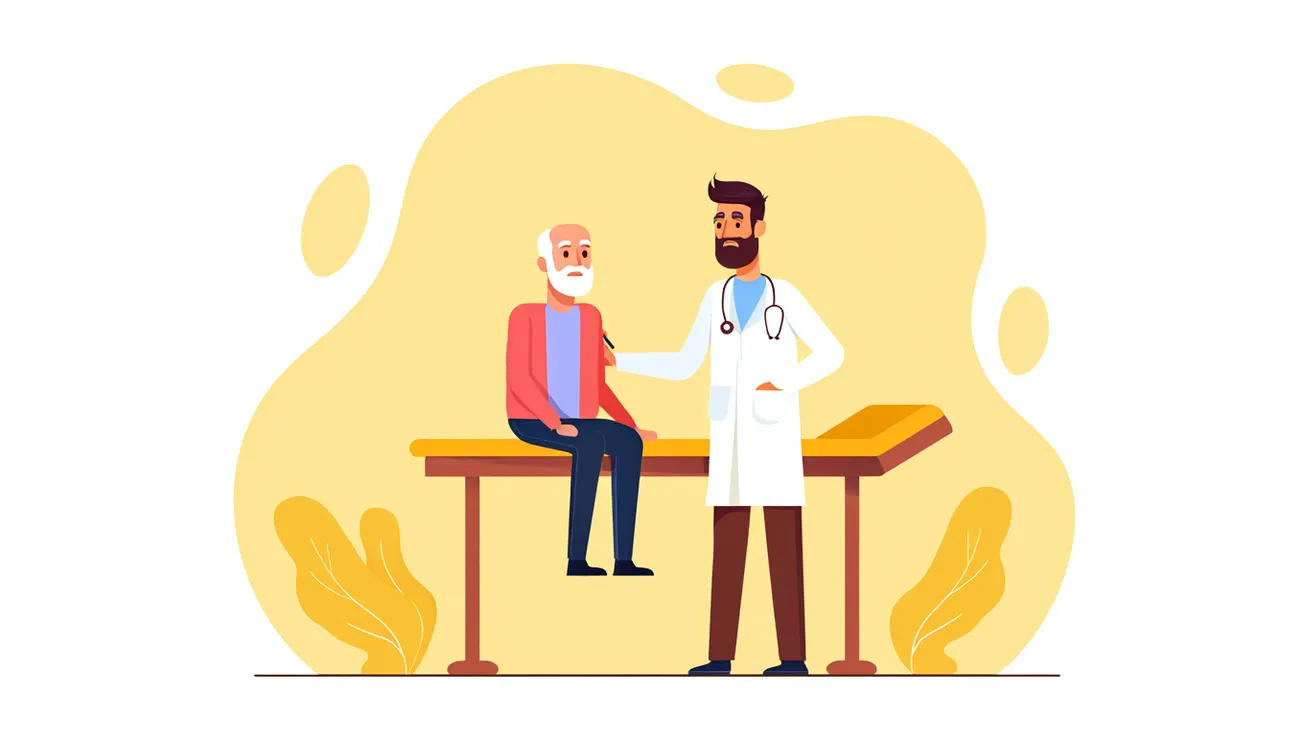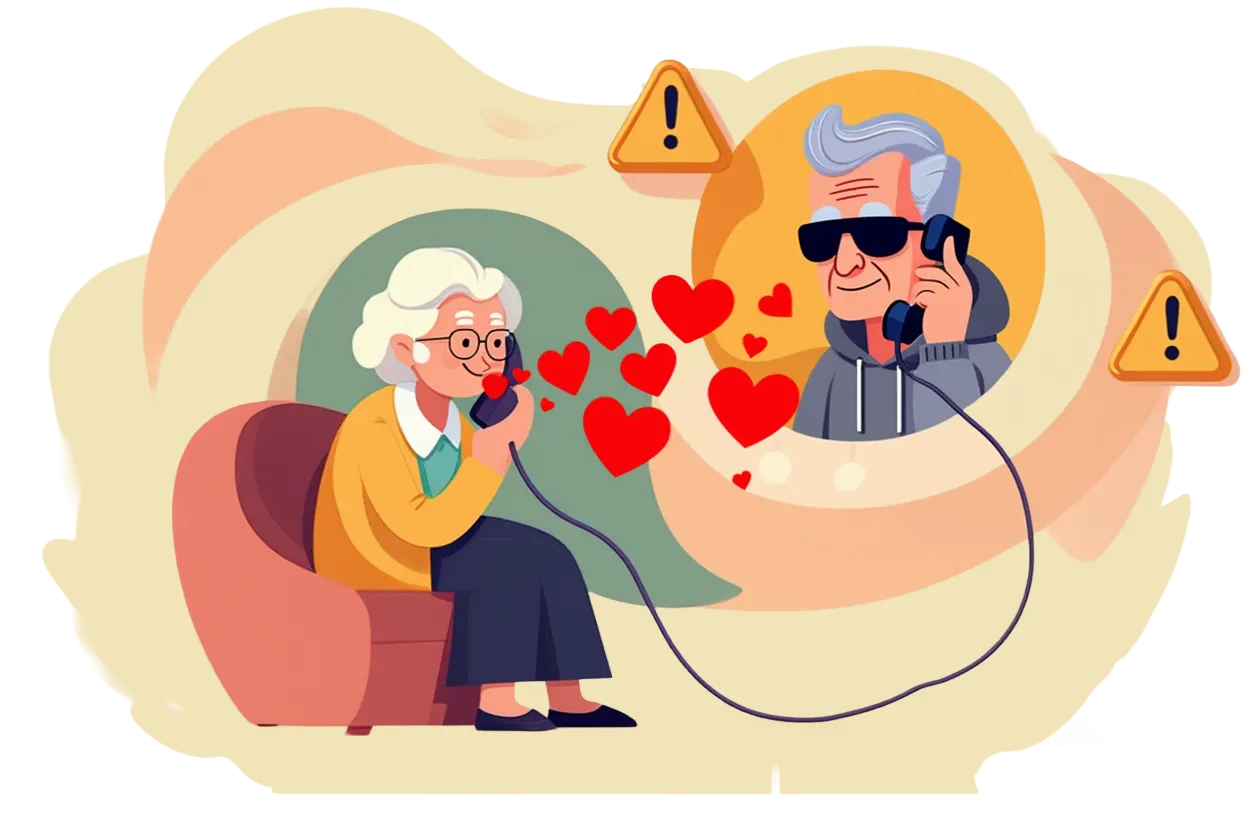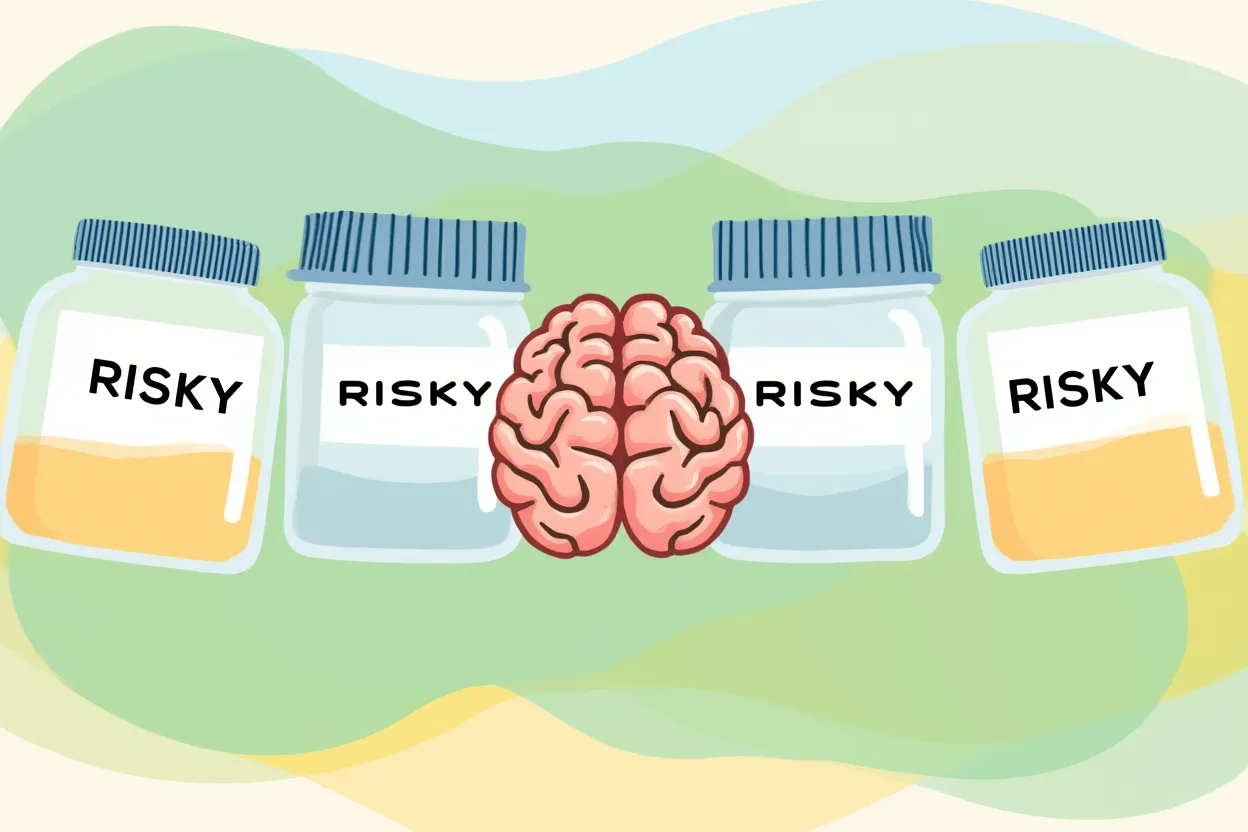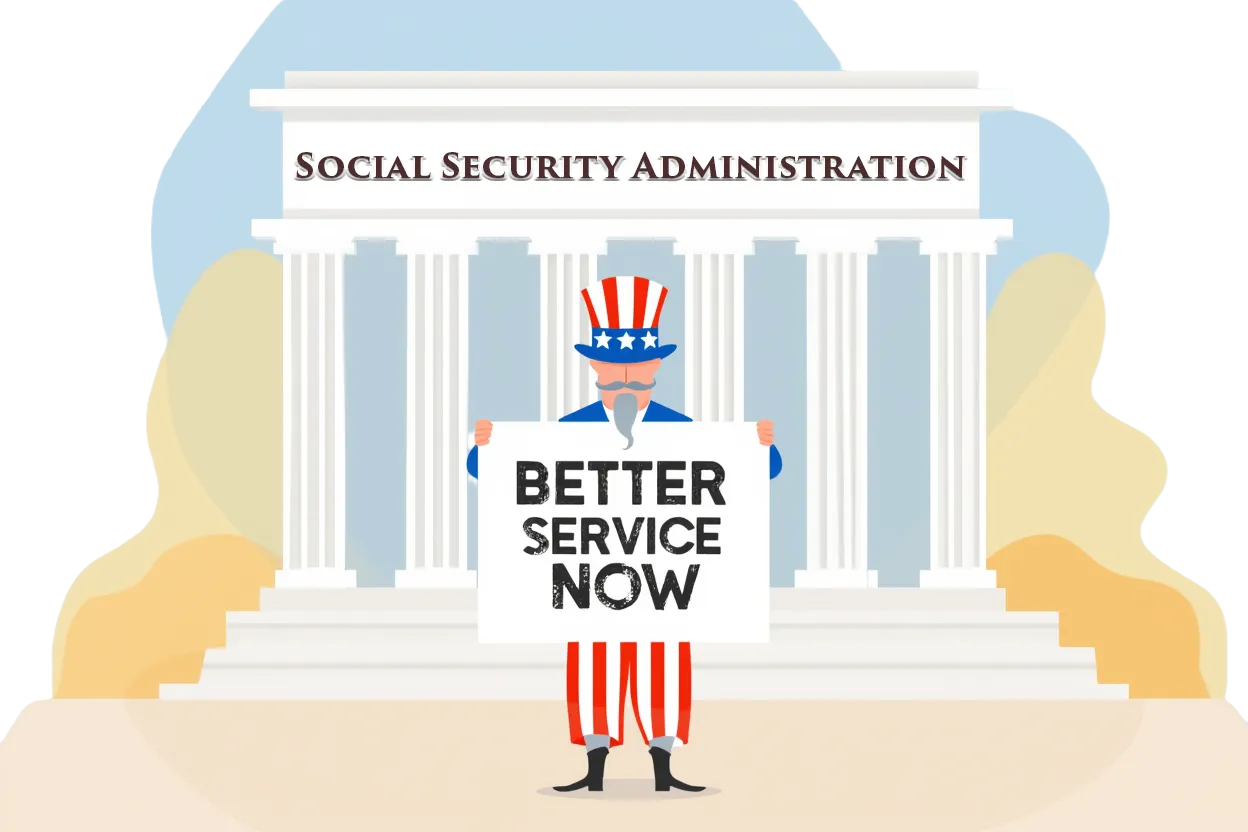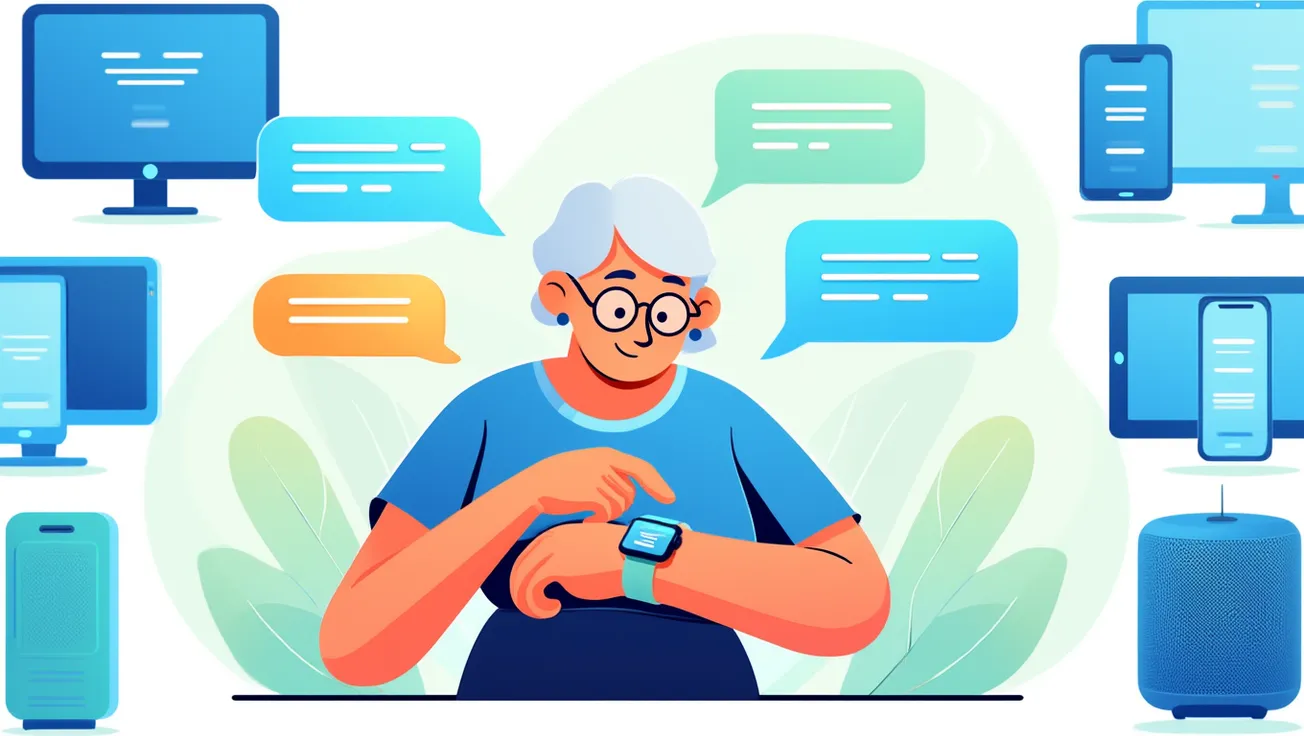As America’s population ages, the health care system is running out of doctors who truly understand how to care for them.
The Takeaway
- Only about 7,300 geriatricians are practicing in the U.S.—but we need at least 4 times that.
- Older adults often get bounced around the health care system without coordinated care.
- Most doctors get almost no training in how to treat aging patients.
- A wave of older patients is coming—and the system isn’t ready.
- The shortage affects rural areas and low-income communities the most.
It’s the kind of doctor visit many older adults know too well.
You wait weeks for an appointment. You show up on time, but you’re still stuck in the waiting room. When you finally see the doctor, you’ve got 15 minutes—if that—to run through a year’s worth of questions, prescriptions, memory issues, sleep problems, and more.
And chances are? That doctor doesn’t specialize in older adults at all.
That’s the growing crisis HuffPost reporter Jonathan Cohn laid out in his deep-dive feature on America’s geriatrician shortage, published in September 2023.
By 2034, older adults will outnumber children in the U.S. for the first time ever, according to the Census Bureau. But when it comes to health care, older Americans are being left behind.
Cohn reports that while about 14 million Americans are now 75 or older, there are only about 7,300 certified geriatricians in the country. That’s roughly one for every 1,900 patients. Experts say we need at least 30,000.
And here’s the kicker: Most primary care physicians get little to no training in the complex health issues older adults face—things like polypharmacy (managing multiple meds), cognitive decline, frailty, and mobility issues.
It’s Not Just About Age—It’s About Complexity
Cohn’s article tells the story of 86-year-old Dorothy Fields of Detroit. Dorothy has chronic back pain, memory trouble, trouble sleeping, and takes a long list of medications.
She’s not unusual. Many older adults have 3 or more chronic conditions. But because there aren’t enough geriatric specialists, patients like Dorothy are forced to piece together care from different providers who rarely coordinate with each other.
A geriatrician would know to look for drug interactions, risk of falls, and changes in mental function. But most people—especially those in rural or underserved areas—never even get that option.
Why Aren’t There More Geriatricians?
Here’s the cold truth: The system doesn’t reward doctors who specialize in older adults.
Becoming a geriatrician means extra training for less money—compared to other specialties. Many medical students graduate with six-figure debt and choose higher-paying paths instead.
Plus, as Cohn notes, Medicare’s reimbursement model pays doctors more for procedures and tests than for the slow, careful conversations that aging patients often need most.
So the very people who need the most attention are often getting the least.
What’s Being Done?
Cohn highlights some promising steps, including:
- Geriatrics training programs like PACE (Program of All-Inclusive Care for the Elderly), which delivers team-based care to frail seniors. Here's a video that explains the program:
- A new push to train non-geriatrics professionals—like nurses, home health aides, and general practitioners—in aging care basics.
- Pilot programs in some states and hospitals that bundle care for older adults more holistically.
But these are Band-Aids on a growing wound. Unless we change how Medicare and insurance companies value time spent with aging patients, it’s going to be hard to attract more geriatricians into the pipeline.
What You Can Do
If you're an older adult—or care for one—here’s how to advocate for better care:
- Ask if your provider has experience treating older adults.
- Bring a list of all medications (including supplements) to every visit.
- Don’t be afraid to request a referral to a geriatrician—especially if memory, medication interactions, or falls are a concern.
- Look into programs like PACE if you qualify.
- Push for care coordination—especially if you see multiple doctors.
Based on reporting by Jonathan Cohn for HuffPost. Original article published September 28, 2023. Read it here.
Disclaimer: This article is for informational purposes only and is not intended to provide medical advice, diagnosis, or treatment. Always consult a qualified health provider regarding any questions or concerns you may have about a medical condition, medication, or treatment plan. The information is based on publicly available reporting from HuffPost and does not replace individualized medical guidance.


